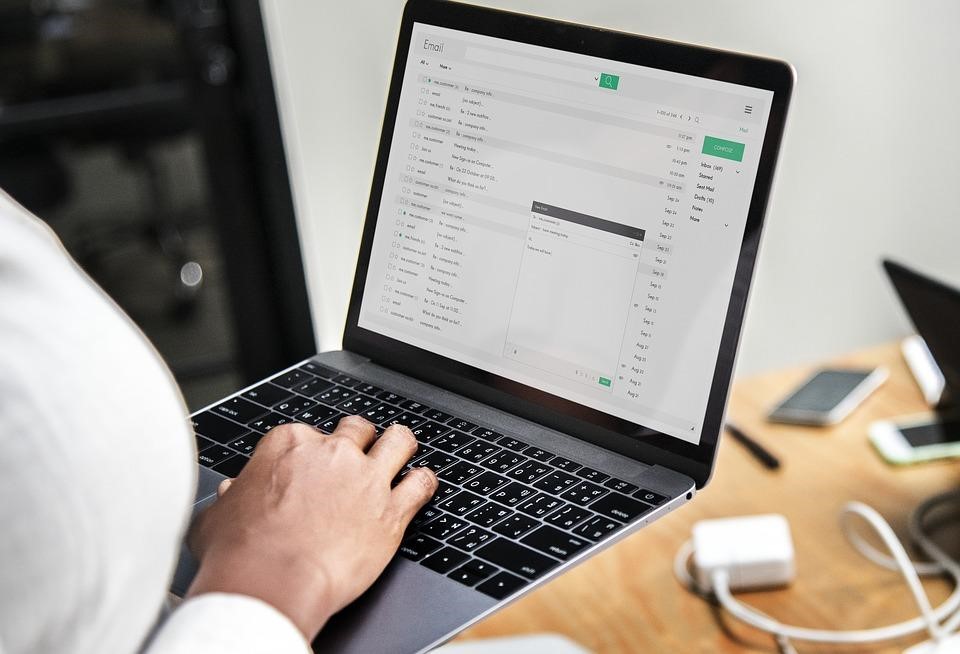Tips in Restoring Lost Files When Computer Dies
When your computer suddenly dies and no longer boots, then it’s probably because the hardware is fried or Windows is having an issue. Either way, you’ve got a real problem on your hands considering the important files trapped in your malfunctioning equipment.
While we will not tell you not to worry, because, after all, there is not a complete guarantee that you can recover your data, we will offer you a guide on the best ways to retrieve files if your computer suddenly dies.
If you’re faced with a dead hard drive, then your attempts to recover those files may be futile, but if it’s anything other than this situation, then you definitely have a chance.
Tip #1: Use a Windows Installation Disc
Booting from a Windows installation disc or Linux Live CD is a method you can resort to, given that the issue doesn’t stem from a dead computer hard drive. In some instances, the computer may only appear to be dead due to a damaged Windows installation. If you happen to deal with this situation, then a Linux Live compact disc or a Windows installation disc might just take care of the problem for you.
What you’ll need to do is to insert either disc into your computer and boot it up. If your computer boots and directs you to a Windows installation domain or Linux desktop, then it’s basically a confirmation that your computer is not, after all, dead.
To recover the files, you’ll simply need to insert an external hard drive or USB stick and copy your files to either of these devices. Your files will then be rescued from your dying computer.
You’ll find this pretty easy to do using a Linux Live CD as the Linux desktop you’ll be taken to after the computer boots can be used for copying those files. The Windows installation disc, on the other hand, while just as effective, will require you to use a trick that pulls up the file management window and copy the files off the hard drive.
While there’s not a hundred percent guarantee that this method will work on a dying computer, there’s still some chance that it will for as long as your machine’s hard drive is not completely dead. If you’re fortunate enough, you’ll be able to retrieve some important files off either the Windows installation domain or the Linux Live CD drive.
Tip #2: Retrieve the Hard Drive and Place It Into Another Computer
If the first method doesn’t work, then your computer’s hard drive has simply run its course. However, despite the hard drive’s components dying on you, there’s still hope at retrieving those important files. The power supply, motherboard, memory, CPU, video card, and other components may seem like they’re all completely out of it, but that doesn’t necessarily mean the hard drive is completely dead—it could simply be in a coma.
If your computer’s hard drive is still clinging on for dear life, you can open up the computer, retrieve the hard drive, transplant it into another computer, and work on copying those important files off the hard drive using the new computer. In case you have an external enclosure, then you can instead connect the dying hard drive there. If not, then fret not because you don’t normally need additional hardware to transplant a hard drive into another machine.
While the process is simple, it requires you to be comfortable working with the insides of a computer or laptop. The first thing you need to do is shut off the computer’s main power switch or, better yet, unplug the computer from its power source.
Then, open the case and locate the computer’s hard drive. From here, you need to detach its cables, unscrew it, and take it out of its case. Connect the hard drive to a functioning computer either by inserting it into the machine or using external hardware.
If you’re dealing with a laptop hard drive and only have a desktop PC to work with, you can acquire drive bays specifically for laptop hard drives that allow you to safely and effectively connect the hard drive of a laptop to a desktop. You then need to power the PC so that it goes through its standard booting process from the main hard drive, and then proceed to copy the files from the hard drive of your old computer.
Final Thoughts
Despite our awesome tips on retrieving files from a dying computer, it’s more important to keep yourself from being in situations where you would need to use these tips. At the end of the day, it’s best to never put yourself in a predicament where you could stand to lose essential files.
However, if it’s beyond your control, cling on to these great tips as well as other helpful information that you can learn more here.




